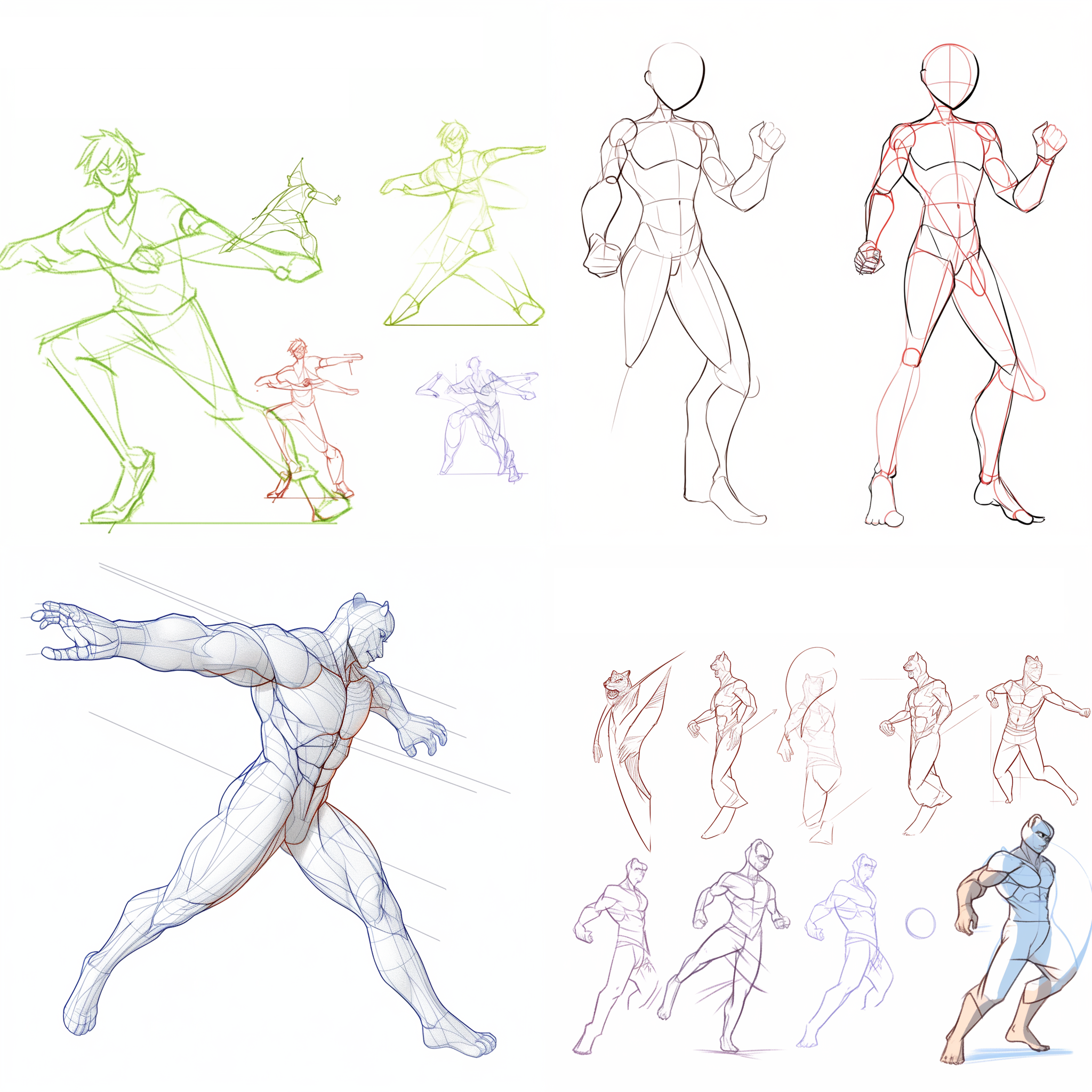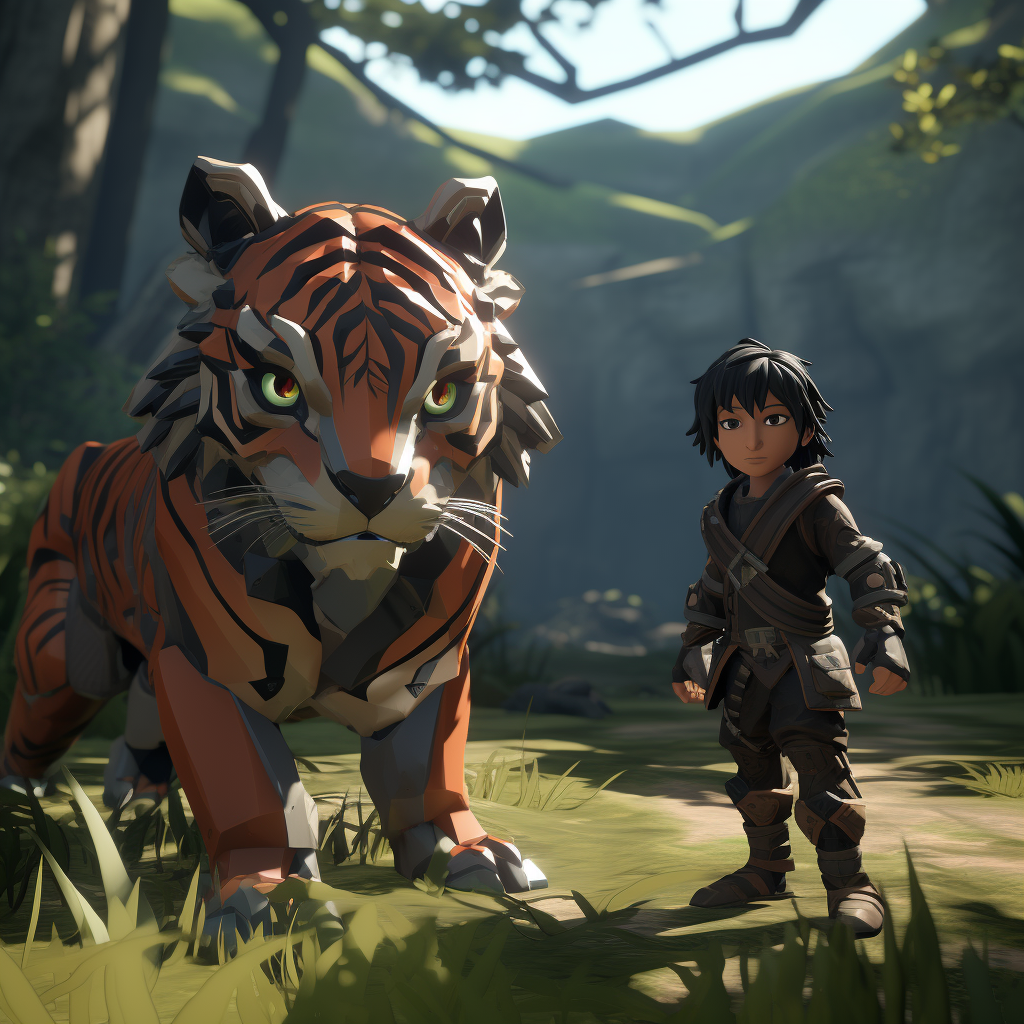A Web Developer's Foray into Unity's Game Dynamics
"Savage Roar" thrived upon a world brimming with life, waiting to be discovered. My transformation from a web developer to a C# game developer took a more intricate turn, unveiling the art and science of animating characters and establishing game dynamics.

Scripting Wonders: Animations and C# Synergy
Animating characters for "Savage Roar" was a dance between my web developer instincts and newfound C# skills. The Animator component, a parallel to orchestrating interactions on the web, empowered me to craft seamless shapeshifting animations. It was a symphony of keyframes, transitions, and blending—reminiscent of crafting smooth interactivity within web interfaces.
using System.Collections;
using System.Collections.Generic;
using UnityEngine;
public class CharacterAnimator : MonoBehaviour
{
private Animator animator;
private bool isShapeshifted = false;
private void Start()
{
animator = GetComponent<Animator>();
}
private void Update()
{
// Detect shapeshift input (e.g., pressing 'S')
if (Input.GetKeyDown(KeyCode.S))
{
isShapeshifted = !isShapeshifted;
UpdateAnimation();
}
// Other character controls and actions here...
}
private void UpdateAnimation()
{
if (isShapeshifted)
{
animator.SetBool("IsHumanForm", false);
animator.SetTrigger("Shapeshift");
}
else
{
animator.SetBool("IsHumanForm", true);
animator.SetTrigger("Unshapeshift");
}
}
}Dynamics Beyond the Screen: Physics and Gameplay
Unity introduced me to a realm of physics and dynamics that was unfamiliar to me. Concepts like rigidbodies, colliders, and forces breathed life into the world. As I engineered combat between shapeshifted characters and monsters, the collisions and reactions became an integral part of the game's allure, much like crafting engaging user interactions in web applications.


